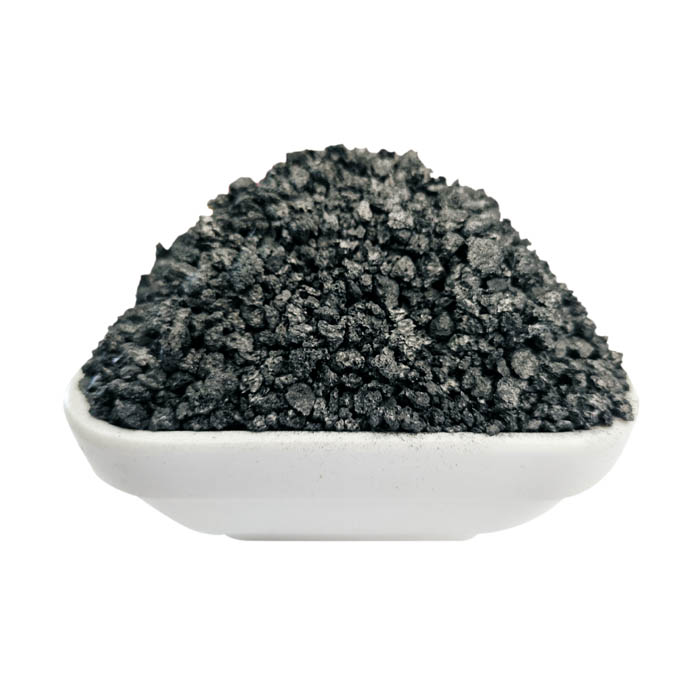Jul . 26, 2024 14:54 Back to list
Exploring Various Insulation Materials for Industrial Piping Systems and Their Benefits to Efficiency
Industrial Pipe Insulation Materials An Overview
Effective insulation is critical for industrial piping systems, as it plays a key role in maintaining energy efficiency, ensuring worker safety, and reducing the risk of condensation and corrosion. In this article, we will explore various types of industrial pipe insulation materials, their benefits, and considerations for their use.
Types of Pipe Insulation Materials
1. Fiberglass Insulation One of the most commonly used materials, fiberglass insulation is made from fine strands of glass that trap air, providing excellent thermal resistance. It is lightweight, non-combustible, and resistant to moisture, making it suitable for a wide range of temperatures. Fiberglass is often available in pre-formed pipe sections, which ease installation.
2. Mineral Wool (Rock Wool) Insulation Mineral wool is produced from volcanic rock or blast furnace slag. It provides good thermal resistance and is exceptionally fire-resistant. It also has sound-absorbing properties, making it ideal for industrial applications where noise control is important. Mineral wool can withstand high temperatures and is suitable for processing facilities and power plants.
3. Foam Insulation Foam insulation, including polyurethane and polystyrene, offers excellent thermal performance and is available in rigid board forms or as spray foam. These materials are ideal for preventing heat loss in hot water pipes and chilling in refrigeration systems. Foam insulation minimizes condensation and provides vapor barriers, enhancing the performance of HVAC systems.
4. Reflective Insulation Reflective or radiant barrier insulation is designed to reduce heat transfer by reflecting radiant heat away from the insulated surface. This type of insulation is particularly effective in hot climates or for applications that involve hot pipes. It is comprised of a reflective material, often aluminum foil, and can be combined with other insulating materials for enhanced performance.
5. Elastomeric Foam This flexible insulation material is made from synthetic rubber and provides excellent thermal performance with minimal heat loss. It is also resistant to moisture and microbial growth, making it suitable for use in humid environments. Elastomeric foam is typically used for chilled water pipes and air conditioning ducts.
Benefits of Pipe Insulation
industrial pipe insulation materials

Industrial pipe insulation offers numerous advantages. First and foremost, it enhances energy efficiency by reducing heat loss or gain in piping systems. This leads to lower energy costs and reduced environmental impact. Secondly, effective insulation helps maintain the desired temperature of the fluid within the pipes, ensuring optimal operational efficiency.
Safety is another critical factor. Properly insulated pipes help prevent burns or accidents from high-temperature surfaces, thereby protecting workers. Additionally, insulation reduces the risk of condensation forming on cold pipes, which can lead to water damage, mold growth, and corrosion of the pipes themselves.
Considerations for Choosing Insulation Materials
When selecting insulation materials, several factors should be taken into account
- Temperature Range Different materials have varying temperature tolerances, so it’s essential to choose an insulation that suits the specific operating conditions of the pipes.
- Moisture Resistance In humid environments, materials that resist moisture are crucial to prevent degradation and maintain insulation effectiveness.
- Fire Safety Always consider the fire rating of insulation materials, especially in industrial settings where flammable substances may be present.
- Cost-Effectiveness While initial costs are important, consider the long-term savings from reduced energy consumption and maintenance when choosing insulation materials.
In conclusion, selecting the right industrial pipe insulation material is vital for ensuring energy efficiency, operational effectiveness, and safety. By understanding the available options and their unique properties, industries can make informed decisions that improve their infrastructure and reduce operational risks.
-
Eco-Friendly Granule Covering Agent | Dust & Caking Control
NewsAug.06,2025
-
Fe-C Composite Pellets for BOF: High-Efficiency & Cost-Saving
NewsAug.05,2025
-
Premium Tundish Covering Agents Exporters | High Purity
NewsAug.04,2025
-
Fe-C Composite Pellets for BOF | Efficient & Economical
NewsAug.03,2025
-
Top Tundish Covering Agent Exporters | Premium Quality Solutions
NewsAug.02,2025
-
First Bauxite Exporters | AI-Optimized Supply
NewsAug.01,2025
